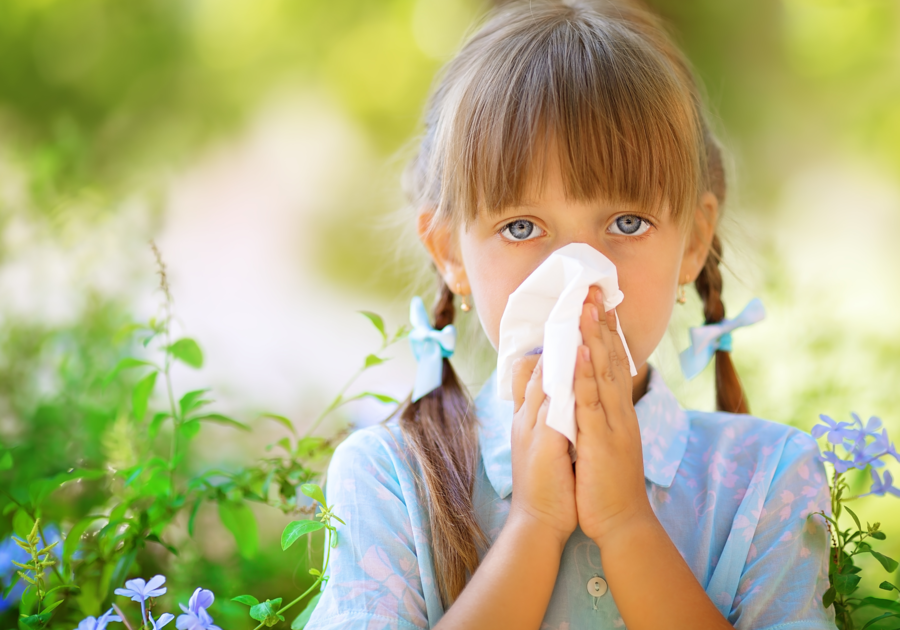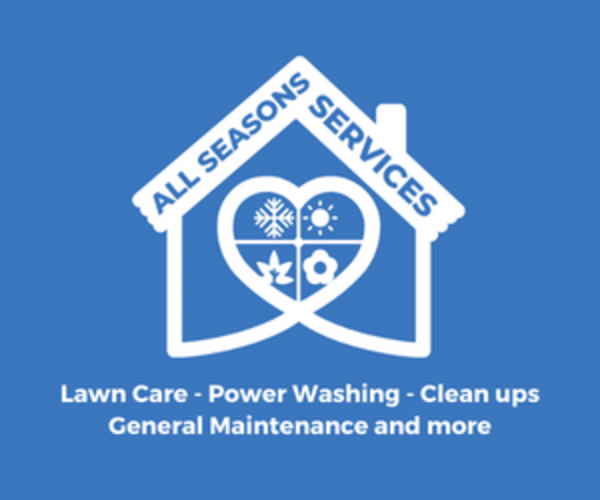Spring is around the corner. It's a beautiful time of year when the weather is warmer and nature comes back to life, however, for children with allergies, it can also be a time of sneezing, coughing, and itchy eyes. Managing spring allergies in children can be a challenge, but with some careful planning and proactive measures, it's possible to help your child feel better and enjoy the season. In this article, we will provide some tips on how to manage spring allergies in children.
Identify Triggers:
The first step in managing spring allergies in children is to identify the triggers. Common triggers include pollen, grass, mold, and pet dander. Talk with your child's pediatrician or allergist to determine what your child is allergic to and how to avoid those triggers.
Use Medications:
Over-the-counter and prescription medications can help relieve the symptoms of spring allergies. Antihistamines, nasal sprays, and eye drops can all be effective in reducing sneezing, congestion, and itchy eyes. Make sure to follow the instructions on the package or as prescribed by your child's doctor.
Keep Your Home Clean:
Keeping your home clean can help reduce exposure to allergens. Vacuum and dust regularly, wash bedding and curtains in hot water, and use an air purifier with a HEPA filter to remove allergens from the air.
Avoid Going Outside on High Pollen Days:
Check the local pollen count and avoid going outside on days when the count is high. This can help reduce exposure to pollen and other allergens.
Dress Your Child Appropriately:
Dress your child in long-sleeved shirts, pants, and a hat when going outside to reduce exposure to allergens. Make sure to wash their clothes and shower them when they come inside to remove any allergens that may have attached to their clothing.
Encourage Handwashing:
Encourage your child to wash their hands frequently to prevent the spread of allergens. This can help reduce exposure to allergens and prevent the development of infections.
Consider Immunotherapy:
If your child's allergies are severe, consider immunotherapy. This involves giving your child small doses of allergens over time to help build up their immunity. Talk with your child's allergist to determine if this is a good option for your child.
Managing spring allergies in children can be a challenge, but with some careful planning and proactive measures, it's possible to help your child feel better and enjoy the season. By identifying triggers, using medications, keeping your home clean, avoiding going outside on high pollen days, dressing your child appropriately, encouraging hand-washing, and considering immunotherapy, you can help your child manage their allergies and enjoy the beauty of spring.
Be sure to tell local businesses and events you found them
on Macaroni Kid Greater Woodbridge ...
and make sure to tell all your friends!
 |  |  |  |  |








